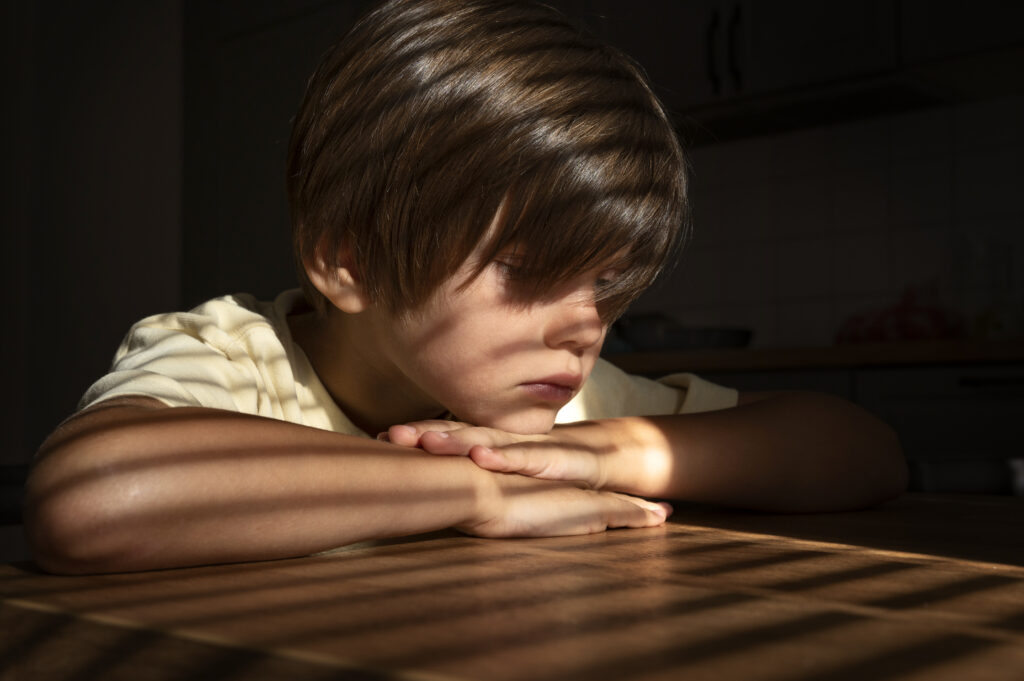The journey through my father’s Stage 4 lymphoma brought a myriad of challenges and emotions. As we faced the demands of his treatment, there were moments of hope and progress, tempered by new hurdles that tested our resolve. The balance of managing caregiving, work, and personal life became increasingly delicate as my father’s condition evolved.
Initially, my father’s response to the chemotherapy and radiation treatments was promising. His resilience through the early stages of treatment gave us hope and a sense of optimism. Each successful round of treatment seemed like a small victory against the relentless progression of his illness. His determination and strength in the face of adversity were inspiring and provided a much-needed boost to our spirits.
However, as the treatments continued, we began to encounter new challenges. Towards the end of his chemotherapy regimen, my father started experiencing “chemo fog”—a cognitive impairment that affected his memory, focus, and overall mental clarity. This new reality was a significant adjustment for all of us. My father’s advanced age compounded the issue, making it even more challenging to navigate. The cognitive decline added an extra layer of stress to his already complex medical situation.
The emotional and physical toll of managing his care intensified. The cognitive challenges he faced were not only difficult for him but also for us as caregivers. It was painful to witness his struggles with tasks that once came easily to him. The frustration and confusion that came with chemo fog affected his quality of life and added a layer of complexity to our caregiving responsibilities.
Balancing these new challenges with my ongoing work and personal life became an intricate dance. Each day required careful planning and flexibility as we adjusted to my father’s changing needs. Despite the strain, moments of relief and connection with family became even more vital. These moments offered respite from the emotional weight of caregiving and provided a space for us to regroup and recharge.
Amidst the difficulties, I clung to the small victories and the strength we drew from one another. The support from my family, especially my brother, continued to be a cornerstone of our coping strategy. His assistance with my father’s care and his emotional support were invaluable during this challenging time. His presence was a constant reminder that we were not alone in this struggle.
Looking ahead, the hope that kept us going was the belief in the possibility of recovery and the eventual return to a semblance of normalcy. While the road was fraught with obstacles and uncertainty, the progress we saw in my father’s condition and the moments of respite we found were sources of strength. As we faced each day, we held onto the hope that the trials of this period would ultimately lead to a future where healing and peace could be found.
In reflecting on this journey, the experience underscored the importance of perseverance and the strength found in familial support. Despite the ongoing challenges, the commitment to my father’s well-being and the support of those around us provided a beacon of hope. The journey was defined by both struggle and resilience, and through it all, we continued to hold onto the promise of brighter days ahead.












